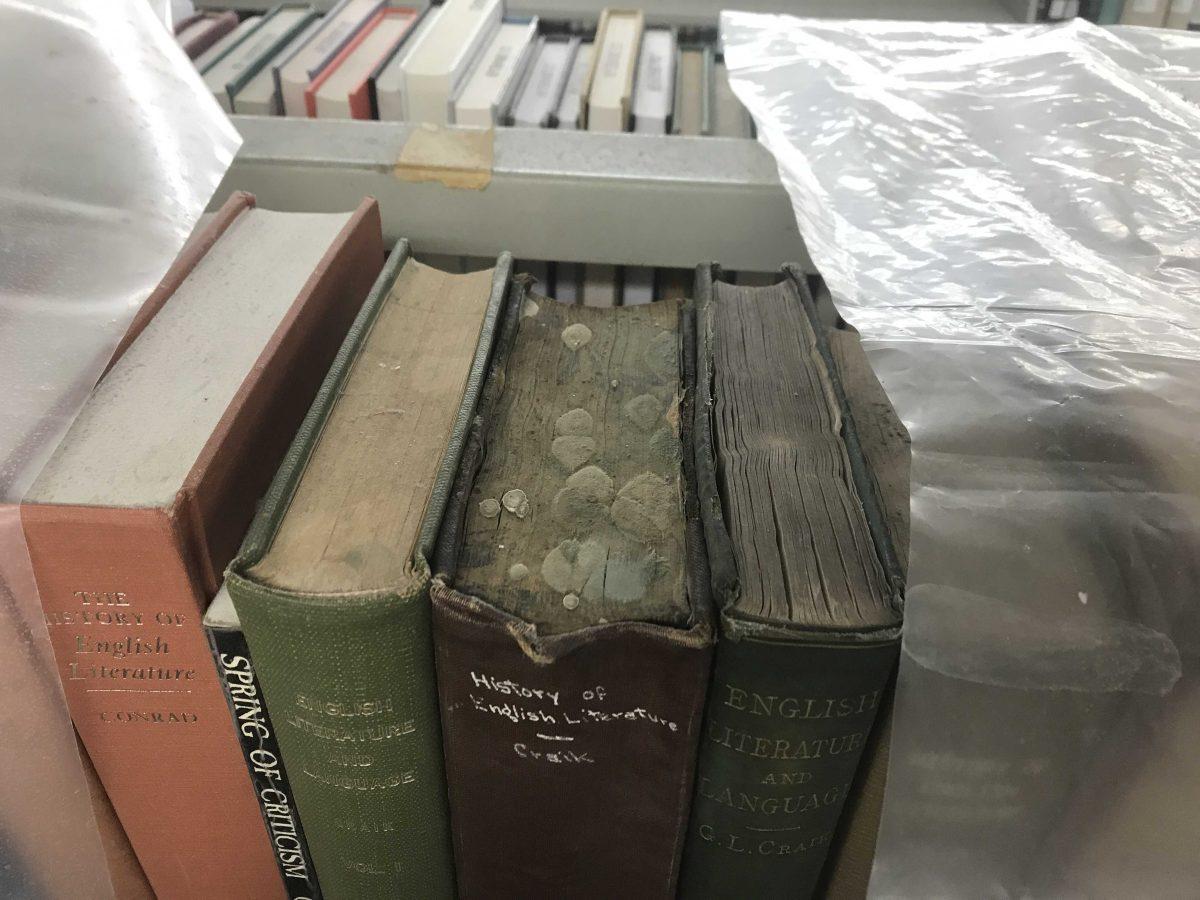The Internet giveth, and I hope the Internet will taketh away more easily now.
Last spring, the Faculty Senate approved a trial run of the program “TurnItIn,” a plagiarism-sensing software that claims to be more effective at finding similar texts than the typical Google search.
This is a venture I would be happy to fund with my tuition. If all goes as planned, it will help eliminate two things I can’t stand: slackers and misunderstanding.
It is irksome when someone gets credit they do not deserve. It’s that guy in the group with his eyes glazed over, promising he’ll do research for a certain section of the slideshow, then turning up with two slides of four sentences each. He causes the rest of the members to scramble to clean the section up, because the group will be graded as a whole. He pretty much gets the free ride.
Half-assed work should not pass as kick-ass work.
What’s neat about this particular program is it doesn’t show results as absolutes, but rather it gives the percentage likelihood a student copied their work from another source. Kind of like a weather station presenting the likelihood of rain. A student may be plagiarizing, but there may only be so many ways to phrase a situation or something might be common knowledge.
Also, it can help a teacher see who simply doesn’t understand what plagiarism is, or how to not do it. While I find it somewhat appalling that various lower education systems apparently don’t emphasize this enough, I understand that teaching isn’t as regulated as the government tries to make it.
The use of “TurnItIn” is becoming widespread. Dr. Gundela Hachmann, who chaired the committee that proposed this endeavor, says the use of this program “has sort of become an educational standard” in Louisiana high schools and colleges.
Yet Dr. Hachmann said she is “thinking beyond the coursework” by tackling plagiarism on campus.
In our interview, she went into lengthy detail about the implications plagiarism has had on high-profile individuals in Germany, her homeland. Among these people were Defense Minister
Karl-Theodor Maria Nikolaus
Johann Jacob Philipp Franz Sylvester Joseph von und zu Guttenberg, a descendant of the former Holy Roman Emperor Leopold II and publicly avid fan of AC/DC, who revoked his doctorate and resigned from all political offices after the public noticed he plagiarized much of his Ph.D. dissertation.
This earned him the nickname “zu Googleberg.”
The benefits of the software should not stop with
plagiarism, however.
While plagiarism is the intended focus of “TurnItIn,” it also has features that should allow teachers to grade papers quicker.
I was skeptical of this at first, but after some in-depth research, I learned that quicker doesn’t mean more careless. Teachers can plug a grading rubric into the system, but the program will not grade a paper for the teacher. The teacher must still make a selection from the
rubric for a grade to be given. This format just makes it quicker to deliver the grade, so the teacher does not have to rewrite all of the grade technicalities.
While the trial was originally supposed to run for 60 days, LSU negotiated for the test to run this entire fall semester. If the campus community supports the program, our university will pay for a 3 year license.
If the program does not show an improvement in students’ understanding of plagiarism and help teachers grade more efficiently, I hope LSU continues to seek avenues that do accomplish these goals. Hard work and understanding must be among a university’s top priorities if it truly intends to help individuals lead productive and fulfilling lives.
Alix Landriault is a 20-year-old mass communication junior from Natchitoches, La.
Opinion: Software trial shows LSU cares
August 29, 2013







